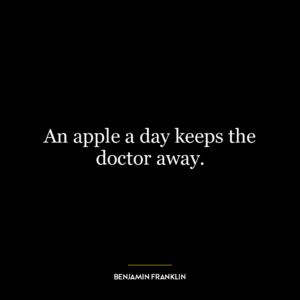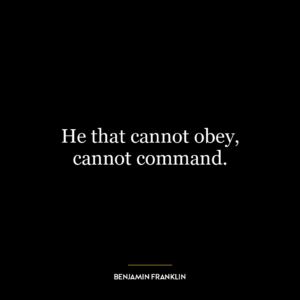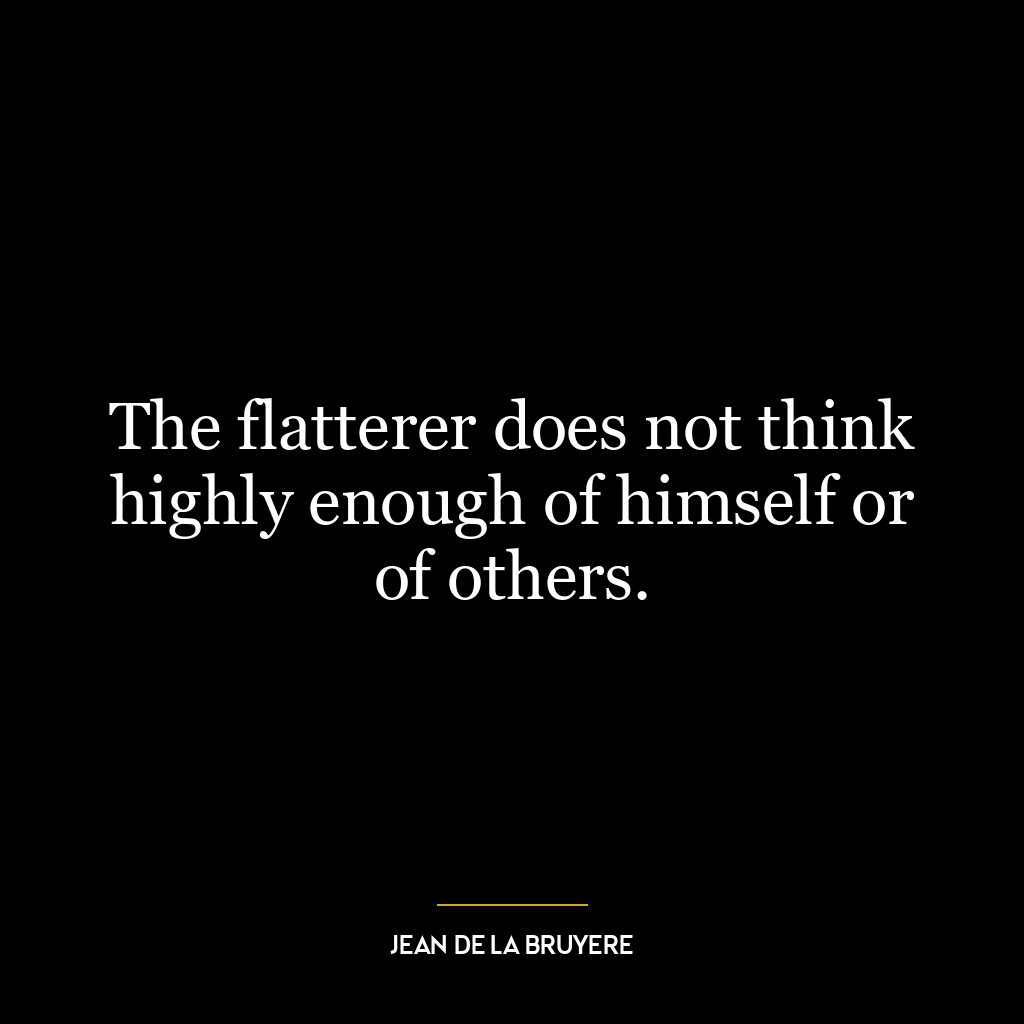This quote implies that sarcasm, while often seen as a crude or simplistic form of humor, can also be considered a high form of flattery. This is because sarcasm often requires a deep understanding of the person or situation it is directed towards. It demands a level of insight and cleverness to execute effectively, making it a sophisticated form of communication.
In terms of humor, sarcasm is seen as low because it is often used to mock or belittle others. It is a form of humor that can be hurtful and is often used as a defensive mechanism. However, the quote asserts that this same mechanism also qualifies as a high form of flattery. This is because in order to use sarcasm effectively, one must understand the person or situation they are mocking deeply. In this way, sarcasm is a form of attention, and as the saying goes, “imitation is the sincerest form of flattery.”
Applying this to today’s world or personal development, the quote suggests that we should be mindful of how we use sarcasm. While it can be a quick way to get a laugh, it’s important to remember that it can also be hurtful. But if used thoughtfully, it can be a tool to show someone that we understand them and their perspective deeply.
Furthermore, the quote encourages us to look beyond the surface of people’s words and actions. What might initially seem like a negative could have a positive intent behind it. This perspective can help us in our personal development by teaching us to be more understanding and less quick to judge others.
In a broader societal context, this quote can be a reminder that humor, even in its lowest forms, can serve to bring people together, foster understanding, and act as a social lubricant. It encourages us to appreciate the complexity and depth of human communication, and to recognize the value in all its forms, even those we might initially dismiss.














![I never have wit until I am below stairs.
[Fr., Je n’ai jamais d’esprit qu’au bas de l’escalier.]](https://quotes.guide/wp-content/uploads/jean-de-la-bruyere/jean-de-la-bruyere-785341.png)
